Glow is a settings generator for mpv CONF files
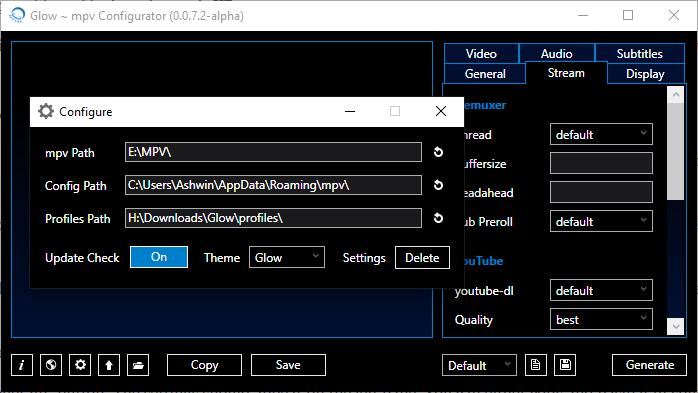
Back in July 2019, we told you how to customize the settings in mpv which involved setting up a CONF file from scratch with the options that you want.
Though it is an easy task for advanced users, it can be a daunting one for some users. You may have even switched to mpv.net or other video players just so you could control the program easily.
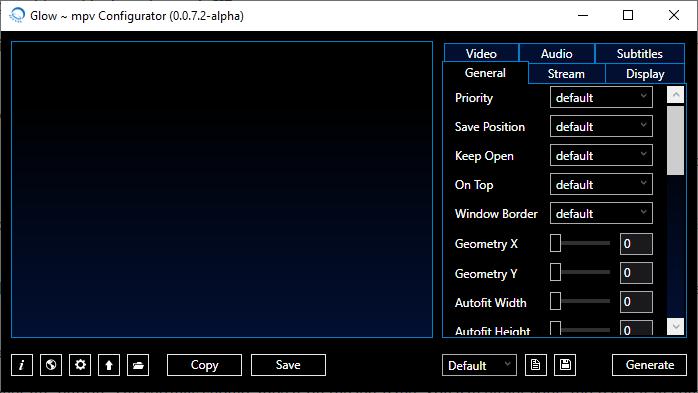
An alternative would be to download a preset CONF file which another user has created. But those would have the author's settings and not necessarily yours. There is a very simple solution to this called Glow; it is a configuration file generator for mpv and has a size of about 260KB.
Note: Glow is available as alpha software that requires the Microsoft .NET Framework 4.5. The program ran stable during tests.
Glow's interface is streamlined for ease of use. The configuration settings are displayed in a pane on the left and the available configuration options in a sidebar on the right. A toolbar is provided at the bottom which you may use to generate and save configuration files among other things.
How to customize mpv using Glow settings generator

The first thing you want to do is set the folder path for your mpv.exe, mpv CONF file and the Glow profiles. To do so click on the gear icon on the toolbar at the bottom and click on the path fields to set the paths.
Now to the options: Glow groups the available mpv settings in tabs to improve the program's usability. These are: General, Stream, Display, Video, Audio and Subtitles. All you need to do to enable, disable, or configure a setting is to click on it; it doesn't get simpler than that.
Let me re-use my previous example: I want to set the volume to a maximum of 200. All I have to do to achieve this is to click on the Audio tab, type 200 in the Volume Max box and hit enter to apply the setting. You may also use the slider for this particular setting if you prefer to use the mouse.
Some options have a drop-down menu that lists the different options. Just click on it and select the option that you want. To normalize the volume, you would click on the menu and select Yes from the list of items presented to you to activate the feature.
When you're done customizing the options click on the "Generate" button at the bottom to create the CONF file. The left pane is filled with the settings that you have customized. You can either copy and paste the instructions in your CONF file or click on the save button to store the generated settings in a new CONF file that you may use from that moment on.
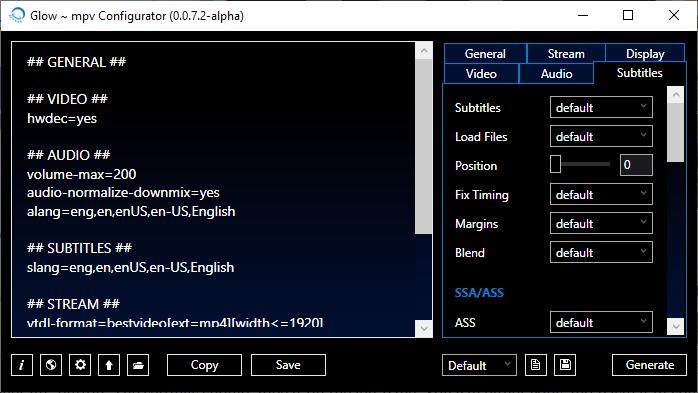
Does this work for portable mpv? Yes it does, just make sure you set the location of the CONF to either "portable_config" or the "\AppData\Roaming\mpv" path. Having both will make mpv default to the portable one.
Presets
Glow has 5 presets available for mpv settings: Default, Ultra, High, Medium and Low. These are default configurations suitable for different hardware configurations and requirements. You may need to experiment with these and may modify them once you find the most suitable preset.
There is an optional light theme available from Glow's settings, in case you don't like the dark theme. The program has not been updated since 2018 but that is not an issue currently as it works just fine.
Whenever I recommend mpv to people, they seem impressed at first but are put away by the lack of a built-in context menu/settings. Glow offers what you want without changing the interface of mpv in any way. I never expected to find a solution for managing the mpv settings easily, let alone one that works that well.














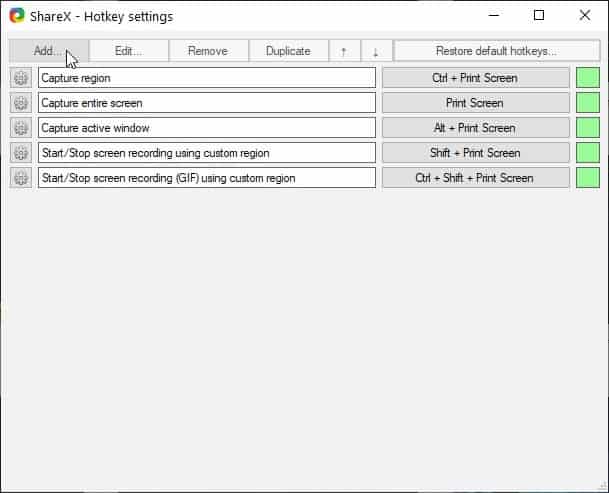
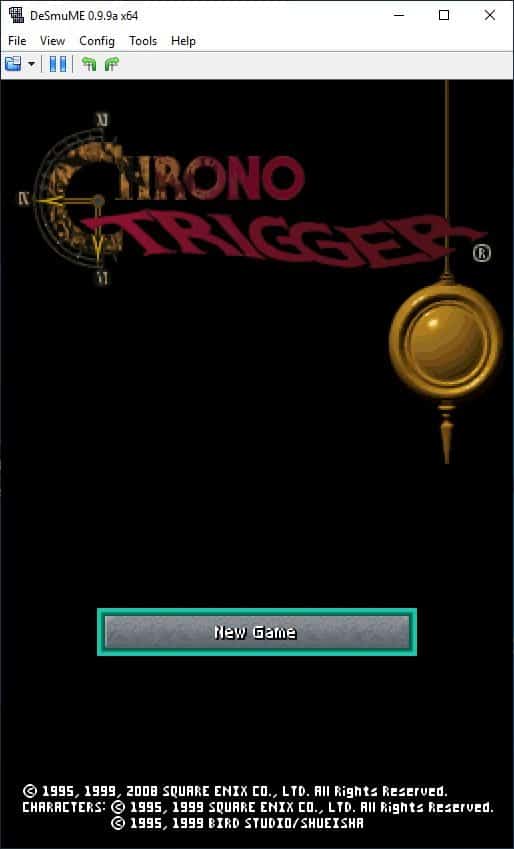
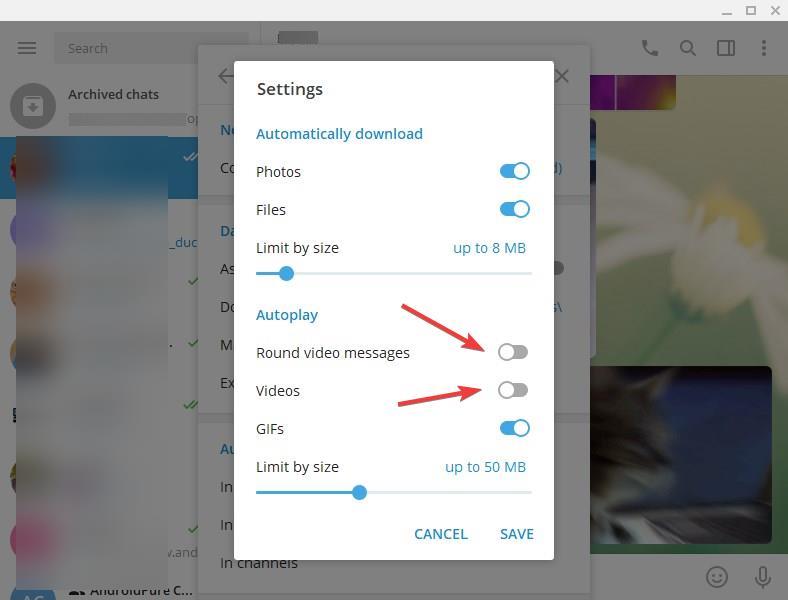











How do I even run this? The readme doesn’t say.
One of the things I dislike with VLC is the mousing I have to do to increase/decrease the playback speed and having to find the Pause button to pause.
Would much rather it works like Youtube and other players where speed is more easily changed and clicking on the video itself pauses and plays the video.
How does MPV handle these things?
Why not just use SMPlayer, it uses MPV by default.
A bit at a time mpv is getting an interface that those who don’t enjoy difficult for its own sake may begin to use.
Yeah, mpv is already set to its optimal defaults for almost all users.
My mpv.conf is just this line:
save-position-on-quit
There is a fork of mpv, called mpv.net on Github.
github[com]/stax76/mpv.net
hwdec=nvdec-copy
vo=gpu
loop-playlist
is all my mpv.conf I used cuda-copy in the past, but I see nvdec is more efficient… or so I guess based on the resource usage.
Wow, nice. The great thing about MPV is how streamlined and light it is. Endlessly customizable. The conf file keeps it that way and this will be nice to try out. Thanks.
Anything for Linux or online ??
A great tool. I feel that the configuration part is what turns most people away from using mpv, and they usually miss out on great performance.
Not arguing that it’s the best, but it does without a doubt provide an excellent experience.
The good thing about this configuration process is that you (mostly) have to do it just one time, then forget about it forever. After that you just copy the configuration file you saved to new installations, on all platforms, or better, use Git to keep it all synced up and updated nicely.
I use the same configuration file with my Windows and Debian computers.